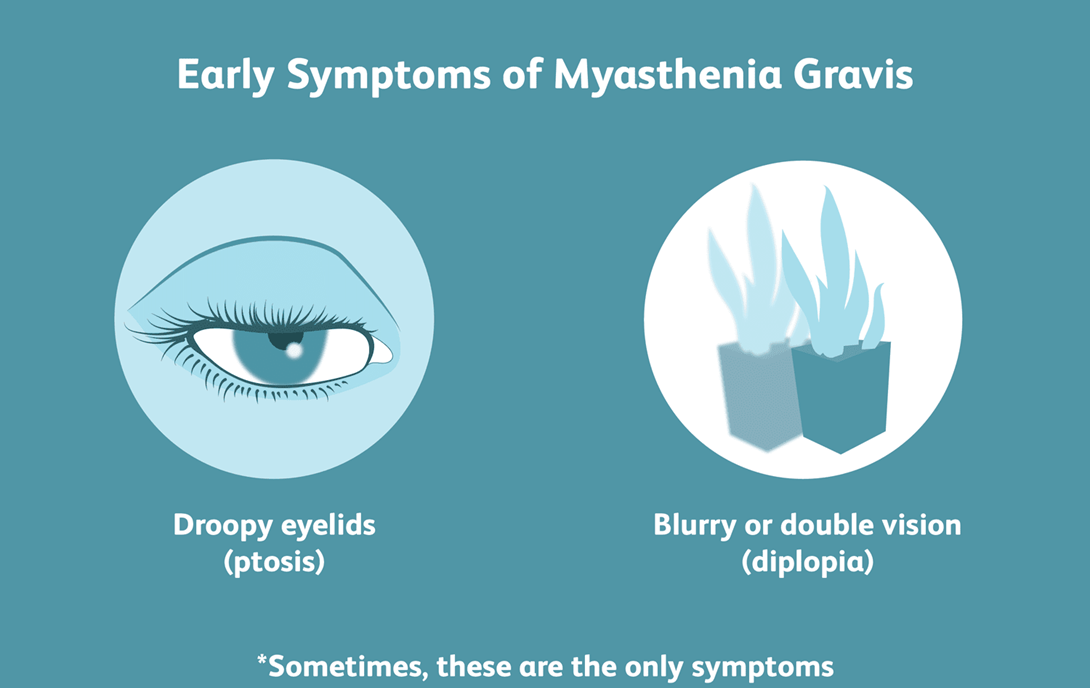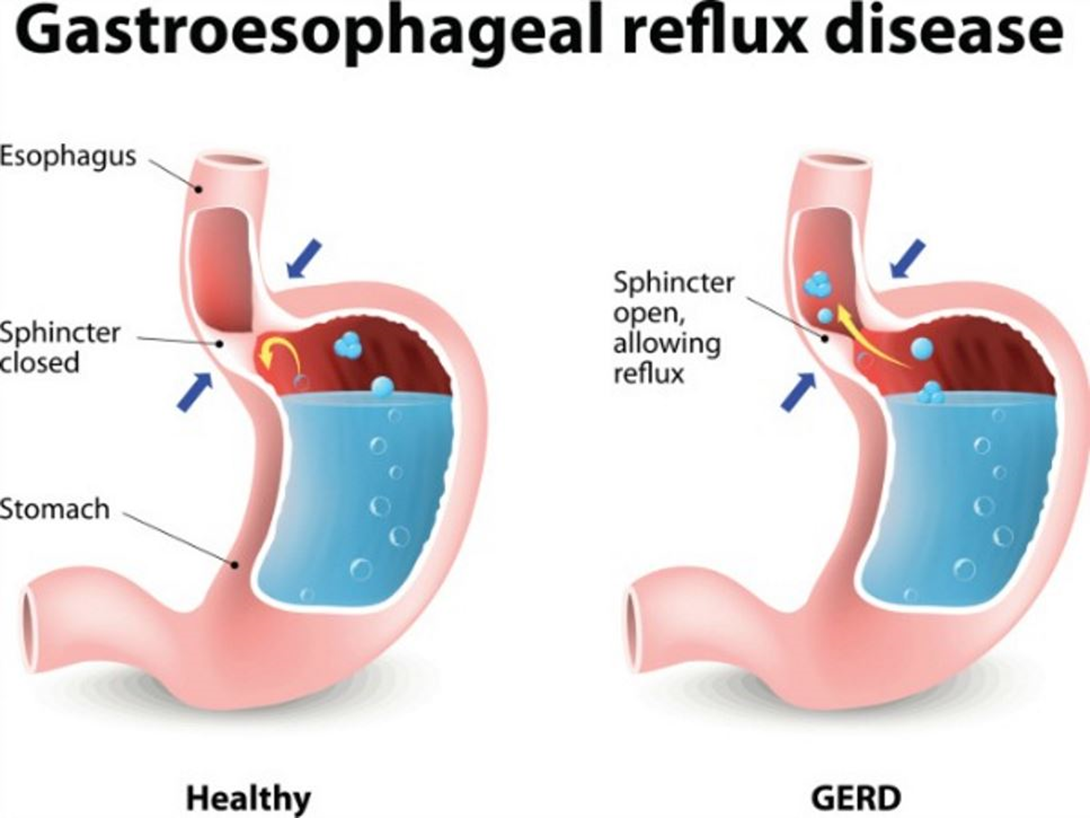A nurse is caring for a client who has myasthenia gravis. Which of the following actions should the nurse take?
Instruct the client to take prescribed anticholinesterase with meals
Position the head of the client's bed to 40° while eating
Encourage the client to lie down after eating
Provide the client with food cut into small bites
The Correct Answer is B
Choice A reason: Anticholinesterase medications should be taken 30 minutes before meals, not with meals. This is because they enhance the action of acetylcholine, which improves muscle strength and swallowing ability.
Choice B reason: Positioning the head of the client's bed to 40° while eating helps prevent aspiration and facilitates swallowing. This is the best action for the nurse to take for a client who has myasthenia gravis.
Choice C reason: Encouraging the client to lie down after eating is not advisable, as it increases the risk of aspiration and reflux. The client should remain upright for at least 30 minutes after eating.
Choice D reason: Providing the client with food cut into small bites is not enough to ensure safe and adequate nutrition. The client may still have difficulty swallowing and chewing. The nurse should also offer soft, moist, and easy-to-swallow foods, and avoid foods that are dry, sticky, or hard.

Nursing Test Bank
Naxlex Comprehensive Predictor Exams
Related Questions
Correct Answer is A
Explanation
Choice A reason: Positioning the newborn at a 20-degree angle after feeding can help prevent the reflux of gastric contents into the esophagus. This position allows gravity to keep the food in the stomach and reduces the pressure on the lower esophageal sphincter. The nurse should instruct the parent to keep the newborn in this position for at least 30 minutes after each feeding.
Choice B reason: Diluting formula with 1 tablespoon of water is not recommended, as it can cause water intoxication, electrolyte imbalance, and malnutrition in the newborn. Water intoxication can lead to seizures, coma, and death. The nurse should advise the parent to follow the manufacturer's instructions for preparing the formula and not to add extra water.
Choice C reason: Placing the newborn in a side-lying position if vomiting is not a safe practice, as it can increase the risk of aspiration and sudden infant death syndrome (SIDS). Aspiration is when food or liquid enters the lungs and causes pneumonia or respiratory distress. SIDS is when a healthy baby dies suddenly and unexpectedly during sleep. The nurse should instruct the parent to place the newborn on the back for sleeping and to avoid soft bedding, pillows, and stuffed animals.
Choice D reason: Providing a small feeding just before bedtime is not a good idea, as it can worsen the gastroesophageal reflux and disrupt the newborn's sleep. The nurse should suggest the parent to feed the newborn smaller and more frequent meals throughout the day and to avoid feeding the newborn within 2 to 3 hours of bedtime.

Correct Answer is D
Explanation
Choice A reason: Offering the client a selection of beverages at each meal is not a good action to include in the plan, as it may reduce the client's appetite and intake of solid foods. The nurse should limit the client's fluid intake before and during meals, and encourage the client to consume high-calorie and high-protein drinks, such as milkshakes or smoothies, after meals.
Choice B reason: Informing the client that a weight gain of 2.3 kg (5 lb) per week is expected is not a good action to include in the plan, as it may cause anxiety and resistance in the client. The nurse should set realistic and individualized weight goals for the client, and monitor the client's weight and vital signs regularly. The nurse should also avoid focusing on the client's weight, and instead emphasize the client's health and well-being.
Choice C reason: Arranging for someone to remain with the client for 30 min after meals is a good action to include in the plan, as it can prevent the client from purging or exercising excessively. The nurse should provide a supportive and nonjudgmental environment for the client, and supervise the client's eating and toileting behaviors. The nurse should also educate the client and the family about the complications and treatment of anorexia nervosa.
Choice D reason: Encouraging the client to participate in developing dietary goals is a good action to include in the plan, as it can increase the client's sense of control and motivation. The nurse should collaborate with the client, the dietitian, and the mental health team to create a personalized and flexible meal plan that meets the client's nutritional and psychological needs. The nurse should also praise the client for any progress or achievement, and reinforce the client's positive coping skills.

Whether you are a student looking to ace your exams or a practicing nurse seeking to enhance your expertise , our nursing education contents will empower you with the confidence and competence to make a difference in the lives of patients and become a respected leader in the healthcare field.
Visit Naxlex, invest in your future and unlock endless possibilities with our unparalleled nursing education contents today
Report Wrong Answer on the Current Question
Do you disagree with the answer? If yes, what is your expected answer? Explain.
Kindly be descriptive with the issue you are facing.
